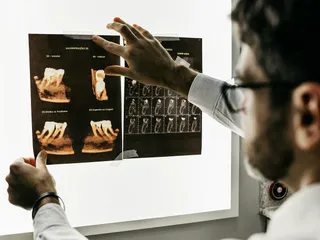Cost, Tech Limitations Block Dental VR
Contact Our Team
For more information about how Halldale can add value to your marketing and promotional campaigns or to discuss event exhibitor and sponsorship opportunities, contact our team to find out more
The Americas -
holly.foster@halldale.com
Rest of World -
jeremy@halldale.com

A global survey led by the University of Eastern Finland revealed that while interest in VR-haptic technology for dental education is high, several key barriers are limiting its adoption. The study, published in Frontiers in Dental Medicine, gathered insights from 156 institutions and 387 respondents worldwide.
Over one-third (35%) of respondents cited technical issues such as poor haptic precision and limited procedural options as major limitations. Financial barriers followed, with 28% of institutions struggling to fund the devices, limiting student access. Additionally, 24% reported resistance to change among educators and students, and 13% noted that adapting curricula and training staff was too time-consuming.
Researchers recommend continued hardware and software improvements, cost-reduction efforts, and faculty training. They stress that progress will require collaboration across dental specialties to create realistic, discipline-specific simulations.


